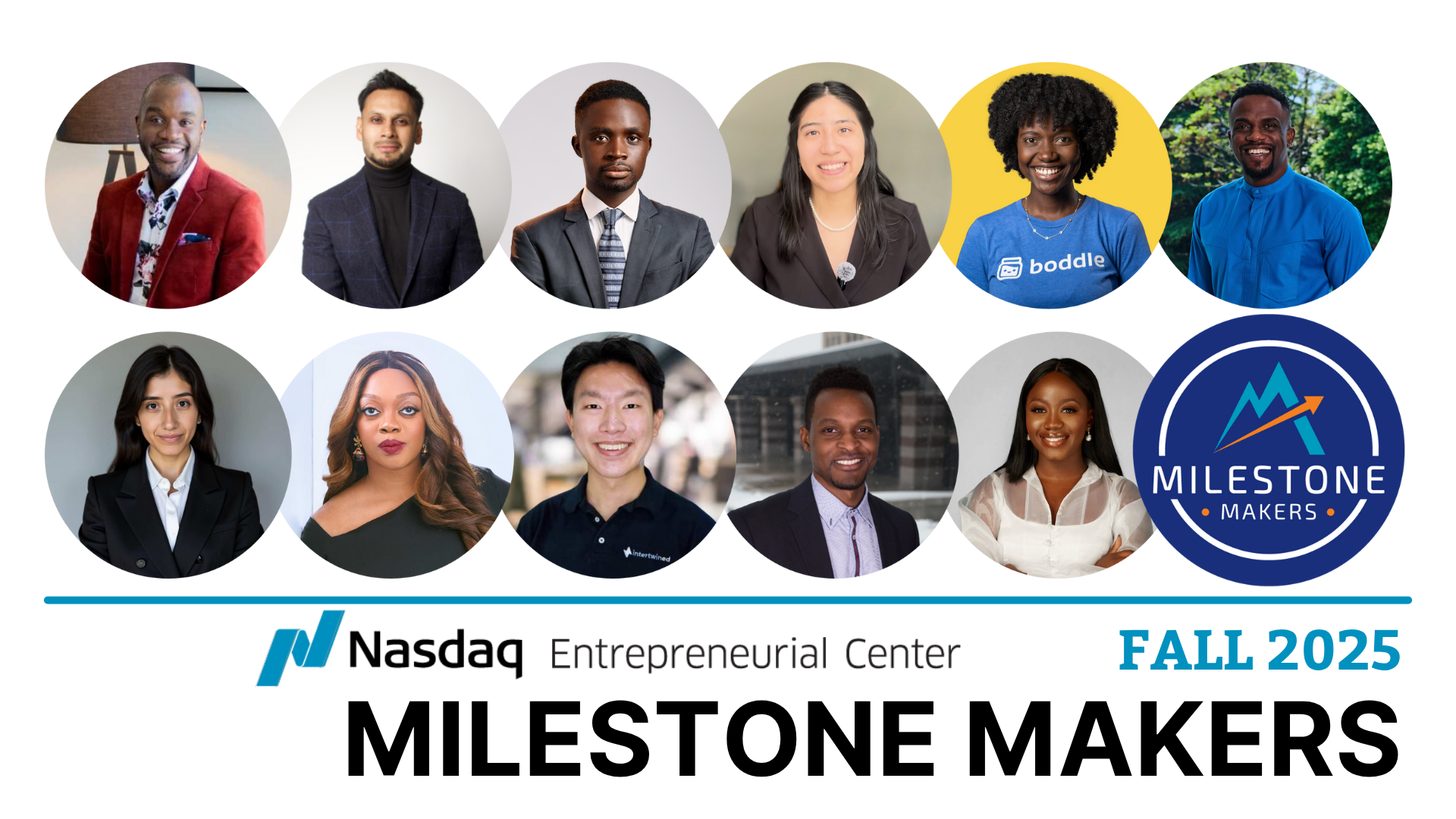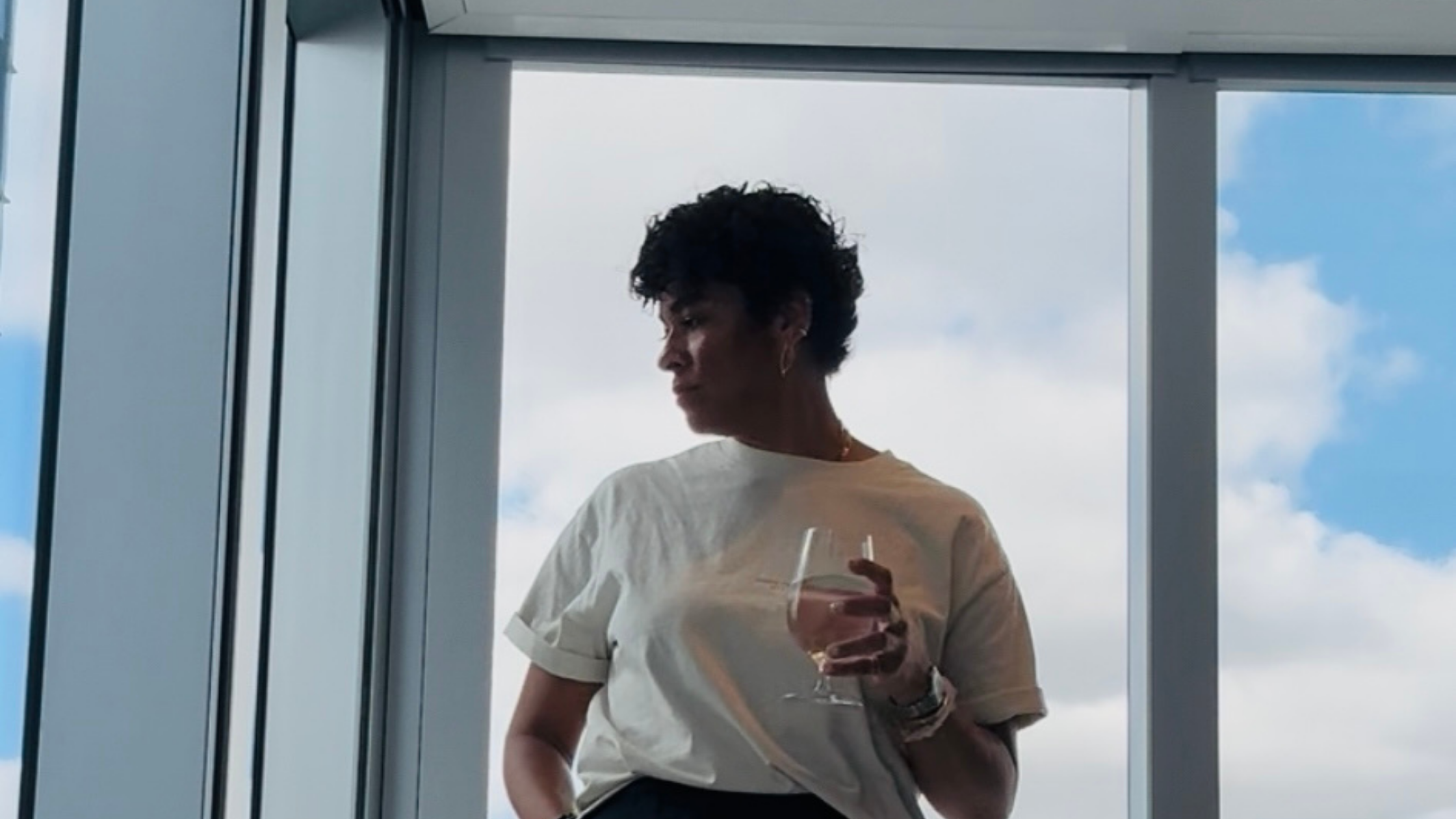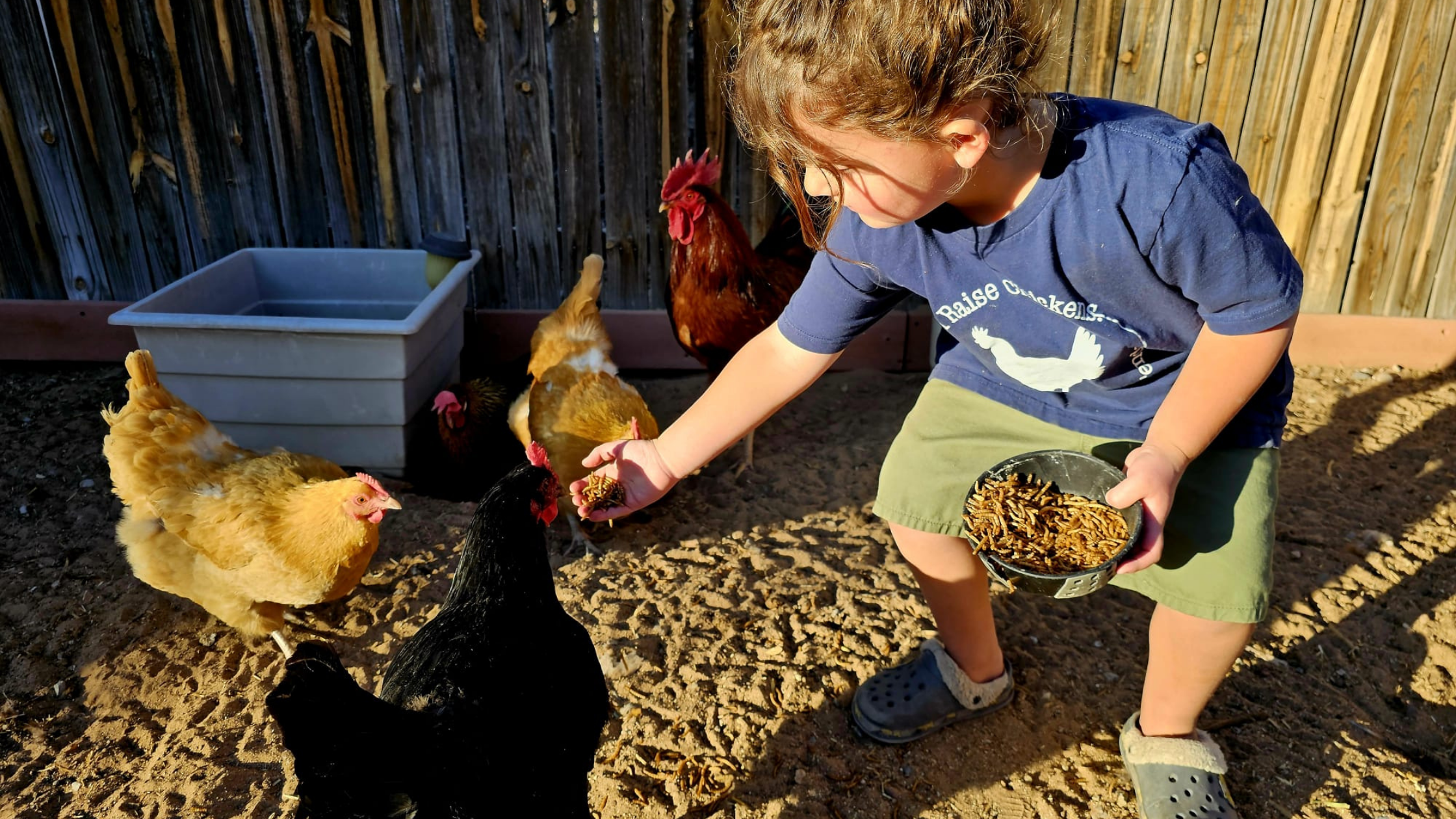Jessica Greenwalt, founder of Pixelkeet, a research and design firm that helps crypto companies design, build, and launch products that change the world, is a serial founder, UX researcher, multiple award-winning graphic designer, product designer, NFT strategist, and digital artist. As a Creative Director for VaynerNFT, she develops NFT strategies for the world’s biggest brands, and as the Creative VP of the leading crypto cybersecurity company, PhishFort, she conducts user research and designs open source tools to keep crypto users safe. Jessica is the artist behind Destiny’s CEBs, a collection of NFTs that can’t be minted by collectors, they must be gifted to them. Destiny’s CEBs is the first NFT collection on the Stacks blockchain to appear in the Seattle NFT Museum. Jessica is one of Inc. Magazine’s 10 Women to Watch in Tech, Tech.co’s 50 Women in Tech Dominating Silicon Valley, Huffington Post’s 6 Women Rocking Tech for Good, and Today’s Leading Women’s Power 50.
What does “entrepreneurship” mean to you?
Jessica Greenwalt: Entrepreneurship means persevering through solving challenges with the goal of helping as many people as you can.
![]() Tell us about your first experience with entrepreneurship.
Tell us about your first experience with entrepreneurship.
JG: I’ve been creating products and companies for as long as I can remember. When I was in grade school I’d make comic books, toys, art, you name it—and then I’d try to sell them to my family. During junior high, I was buying and selling Japanese Pokémon cards at lunch break (and made a decent chunk of change doing it). So it started early for me.
My dad has always been super supportive of my drive to create, and encouraged and nurtured it by teaching me how to design and build electronics. I credit my interest in tech—the industry I’ve channeled most of my entrepreneurial energy into—to my dad.
What is your company’s origin story? What is the biggest reason you started your business?
JG: I fell in love with designing and building websites when I discovered GeoCities. I’d head over to my classmate’s house after school and we’d huddle in front of the CRT monitor in her mom’s office, connect to AOL, and listen to that awful dial-up sound so we could wait (several minutes) for primitive websites to load.
Most websites were messy and filled with unnecessary content that added no value to the user. Being raised in a minimalist, design-conscious household (thanks to my mom), I felt a strong desire to organize and present content on the web in a more visually appealing way. I practiced building sites of my own, learning mostly through trial and error. After a few years of playing around with web design and front-end development, I created a website to advertise my services—which became the #1 Google search result for “freelance graphic designer”. Requests for my work poured in from around the world, and as I built a solid portfolio of clients, I grew my freelance practice into the product design and research company Pixelkeet.
What did those early days look like and teach you?
JG: The early days of my freelance practice were honestly really chill. I was never stressed about finding work or making ends meet because I was in high school and living at home with my parents. I didn’t have to worry about paying for rent, food, or health insurance, so I was able to focus entirely on client work.
I was a workaholic (and still am) and opted out of many of the experiences my classmates considered fun at the time. I didn’t feel like doing anything to jeopardize my future and I was focused on building a solid foundation of experience and funds so I would have the freedom to do things that make me happy. I’m grateful that I put in the hard work that I did while I was young—even though it meant missing out on experiences—because it got me to where I am now. Present-day me is extremely grateful to past me for her work ethic, focus, and dedication to building a better future. To this day, when making decisions, I ask myself if future me will appreciate my choice.
What do you wish you knew when you started? Is there anything you would do differently?
JG: I wish I understood the importance of learning from others, and building and maintaining relationships. I was a bit antisocial early on, and I had the internet to learn from and consult with whenever I had a question—which made me naively consider most interactions with people to be “unproductive”. I was so achievement-focused that it pained me to spend time on anything that I didn’t perceive as furthering my goals of learning and building. As a result, I missed out on a lot of what makes life, well, life. Human interactions shape us so much. They help us grow and evolve into more well-rounded, understanding—frankly better—people. My hesitation to participate in social experiences early on, even while I was ahead in my career in comparison to my peers, left me far behind in personal development.
Reflecting on this, I wouldn’t say I’d do anything differently, because I’m grateful for where I’ve ended up in life and I like the person I’ve become. A big part of becoming who I am today is due to overcoming the pain of socializing, as well as reflecting on my past experiences, feelings, and reactions.
What does “success” look like for you? We’d love to hear your biggest, boldest dream? What do you think will help you achieve it?
JG: One way I measure success is by being able to invite someone to an experience, or suggest they meet someone—and they wholeheartedly accept it without question. My hope is that when I invite someone to take part in something, they have an incredible experience that adds value to their life, so much so that they know that any invite from me is to something they’ll truly appreciate and enjoy.
What is your superpower as an entrepreneur? What is your proudest and darkest moment so far?
JG: My superpower is my comfortability with uncertainty. I moved around a lot as a kid, and my parents’ marriage ended in divorce, so stability was not something I was attached to or had an expectation of—quite the opposite, in fact. I expect change. Stability and stasis actually make me uncomfortable, because I’m not used to them. It’s this comfort with uncertainty and comfort in change that makes me feel very at home in a startup environment—because the shakeups, the frenetic energy, the last-minute changes are just baseline for me. I’m the eye of the hurricane, the calming force in situations where others are out of control. It keeps me thinking clearly and allows me to work with inevitable change, rather than fight it.
What are your personal driving principals, your top values?
JG: It is important to me to always add value. I want to feel like my life was worth the space and resources I took up in the world. I want to know that I added more than I took.
How have your personal principles and values shaped your company’s values and principles? Give us some examples.
JG: Being a business owner, I’m in the unique position to hire and allocate resources to those who I feel are getting the short end of the stick. When I first entered the tech industry, many executives shared with me (privately) their fears of hiring women who were likely to get pregnant, or who were already moms. And moms would share with me how they felt like their workplace didn’t support them, which ultimately led them to drop out of the workforce. Because of this, companies and customers missed out on the work of many extremely talented creators.
I structured Pixelkeet to be an incredibly flexible organization that works around a teammate’s life, rather than making them bend their life for work. We were a remote completely long before COVID, and each teammate decides when and how often they’ll work each day.
This flexibility makes working at Pixelkeet incredibly attractive to moms, who in my experience are able to balance and keep track of projects with outstanding efficiency—my guess is that if you have kids, you have to become great at organization and time management.
What’s it like to work alone or with your partners?
JG: I’ve worked alone, I’ve worked with great partners, and I’ve worked with partners I was less aligned with. Getting into a partnership is like getting married and should be treated with the same level of scrutiny and care before signing any documents together. The right partnership can make or break a company. Right now, I count myself lucky to be working with the incredibly talented, thoughtful, and easygoing Ethan Roberts as my partner on a Web3 company we’re announcing later this year.
Do you have a mentor? Tell us about what makes them valuable to you and your business?
JG: I wish I had a formal mentor! Having been a lone wolf for so long, I haven’t set up any kind of formal mentor-mentee relationship for myself, but I feel like when the time is right, I’ll meet the person I’m meant to learn from in this way.
What role does mentorship play in your world (as a mentor or mentee)?
JG: I try to be helpful to the people I respect and appreciate, and I’ll always go above and beyond for people who are consistently generous and thoughtful to others. I don’t really consider myself a mentor to anyone right now—the people I’ve been helping out I would consider colleagues, rather than mentees.
Many entrepreneurs continue to perfect their daily routines to support their work and greater vision; would you mind sharing your morning routine or a regular ritual that grounds your work each day?
JG: My life is fairly inconsistent, so it’s been difficult for me to maintain any type of routine. Right now, I can’t say that I even want a routine, but there have certainly been times when I have.
I get that routines help reduce cognitive load by putting you on autopilot for some tasks, but I value variety, change, and surprise. The varied nature of my life gets me to think differently and keeps me out of the rut of doing the same things over and over in work and in my personal life.
One thing I have done semi-consistently is draw a tarot card at some point during the day and reflect on what it brings up for me. I usually travel with a deck, and sometimes I’ll gift that deck to someone during a trip and find a new deck to replace it.
What are you reading or have read?
JG: My brain is completely consumed by the NFT space right now, so when I saw Adam McBride’s NFT Ape on the book table at the VaynerMedia’s office in New York, I grabbed a copy and read it on my flight. I didn’t know anything about Adam before that, but after reading his book I feel like we need to be friends. He shares about the winding life experiences that landed him where he is now—a story that shows you don’t always need to know what you’re doing or where you’re going to find your calling.
Where do you go for inspiration?
JG: I’m constantly switching up my environment to stay inspired. A big part of my job is coming up with new ideas at breakneck pace, which means keeping things “new” in my head—so I think it’s important to keep things new in my life. As long as there’s a good internet connection, I’m down to travel almost anywhere and explore to find new inspiration.
Do you have a favorite quote, mantra, or words of wisdom to get through the tough days?
JG: My stepdad often says “Do what is right for you, because a company will always do what is right for it.” That brings to mind two things:
1. The person who knows what is right for you, and who will stand up for you, is you.
2. What a company chooses to do is not personal, and you shouldn’t take it as such. Don’t prioritize a company over everything else in your life expecting that a company will prioritize your needs over everything it has going on.
I share this with friends when they’re dealing with an “I can’t believe they did that, I’ve been working there x years…” situation. It’s a great reminder to prioritize yourself, as others likely won’t do it for you.
What is a problem that keeps you up at night?
JG: Luckily, I have no trouble sleeping, even with challenges floating around in my head—likely because I think of them as normal parts of life. But if you’re asking what things worry me when I think about them, I’m constantly thinking about humans running out of resources around the world, the resulting mass migration, environmental destruction, extinction events, sea level rise, changes in weather patterns, and food security.
How do you think about helping others through your work?
JG: Given that I work in the User Experience, Design, and Marketing spaces, my job is essentially to encourage specific behaviors at scale. I apply these practices of influencing human behavior to goals that I believe are worthy, and provide value to others.
What advice do you have for fellow (and aspiring) entrepreneurs building and leading teams?
JG: Company culture has thankfully evolved. The entrepreneurial role models of today push a human-centric, empathetic, thoughtful way of working, and employees seek this kind of culture and leadership out. They know that they no longer have to settle for working with assholes to just clear a paycheck. They know they can get paid well AND work with nice people. Knowing this, make sure you aren’t operating with an outdated model for company culture, and be the kind of leader who puts people first.
What kind of an entrepreneur do you want to be known as – as in, what do you want your legacy to be?
JG: I want to be known as, and appreciated for, being a good human—but still a human, complete with flaws and a history of mistakes I’ve learned from. I want my legacy to be that I used my resources to help people I respect reach their goals, and to connect, elevate, and empower the people whose vision for the world I want to see realized.
Do you have someone you’d like to nominate to be profiled in our Faces of Entrepreneurship series? Please let us know by emailing media@thecenter.nasdaq.org or submit your nomination using this form.




